Archives
Tissue donation is a life-enhancing and often life-saving gift of bone, skin, heart valves, veins, and connective tissue. Tissues are recovered from deceased donors and transplanted to recipient patients. These allografts can reduce pain, prevent amputations, protect against infections, and improve the quality of or potentially save the life of recipients.
Any individual from aged 36-weeks gestation and older whose heart has stopped beating may be a potential tissue donor.
Most people have heard of organ donation, but tissue donation is not as commonly discussed. Yet it is actually much more common. Organ donation includes the life-saving gift of solid organs such as heart, lungs, liver, kidneys, pancreas, and small bowel. Patients must be declared brain dead and maintained on mechanical support. Waiting recipients are on a list and receive organs based on the severity of need.
Tissue donation is a life-enhancing and often life-saving gift of bone, skin, heart valves, veins, and connective tissue. These gifts are surgically removed after the heart stops beating. There is no waiting list for tissue recipients.
No. This is a gift, and there is no charge to the donor’s family. All costs associated with the donation are charged to the tissue recovery agency. Funeral expenses remain the responsibility of the family just as if there were no donation.
Since medical suitability is the major determining factor for all donation, individuals cannot be evaluated as donors until the time of death. At that time, medical conditions, medications, and disease history will all be taken into account according to current donor eligibility criteria. To indicate your wish to be evaluated as a potential donor, we encourage you to sign up on the Donor Life Texas registry.

